Education Programme | Modules Description
Education Programme | Modules Description
1. Leadership & Vision
To have a sustainable vision means to pursue a future goal following interconnected sustainability criteria with social, environmental and economic relevance. For the vision to become a reality it needs strong leadership – without leadership there is no vision and no process.
2. Social Network
A social network is necessary to turn an idea into reality. Successful processes are rarely the result of a one-man-show; even the best leader needs partners and helping hands along the way. Indeed, the tourism sector is a multi-actor environment where social networks and partnerships are most important.
3. Participation
In sustainable development processes, participation plays a key role. In this module we take a look at relationships, communication and interaction between the leader(s) of a process and those affected by the process.
4. Education & Learning
Learning happens everywhere all the time. Tourism has the power to create situations and experiences where people can learn in informal settings with all their senses. Assuming responsibility for sustainable development, educative activities should be part of the vision and mission of any tourism business.
5. Research Integration
Research is not the primary task of tourism. However, it initiates and influences discussions to build new visions for the future. In a competitive market tourism businesses face a certain pressure to constantly innovate and research is a precondition for that. Keeping an eye on new developments and implementing innovations is what distinguishes touristic fore-runners from others.
6. Standardization
Standards are frameworks of principles and measurable criteria that entities need to conform to in order to achieve a certain recognition or certification. Tourism is a sector rife with national and international standards regarding the quality and availability of different kinds of products and services. Standards regarding sustainable aspects of tourism are increasingly important for destinations and businesses, who are called upon to tackle environmental as well as social and cultural issues. Various examples can be found globally and especially in Europe. An SME looking to standardize its sustainable practices can choose among a selection of certification schemes that are suitable for their business.
7. Sustainable Tourism Skills & Development
Sustainable practices in tourism SMEs greatly depend on the awareness level and associated skills of the people working in them. Even the best intentions can falter if not backed by active efforts to inform and improve the sustainable skills of everyone involved in the business. Luckily, in the digital age it is very easy to provide and to attend high quality training regardless of where you are and sustainability courses are increasingly part of tourism degrees, since they usually involve acquiring skills that increase the competitiveness of the personnel.
8. Resilience in Tourism
The tourism industry is characterized by global value chains and its reliance on natural resources, thus it is prone to a number of threats such as climate change, natural disasters, economic recession, political instabilities, internal turmoil and terrorism. Most recently, the COVID-19 pandemic revealed tourism's vulnerability to shocks and highlighted the need to improve the way destinations and businesses deal with crisis phenomena. This links tourism to resilience. Consequently, resilience applied to tourism is a way to deal with social, ecological or economic disturbances and to foster sustainable development of tourist destinations
9. Circular Economy
Circular Economy is a far-reaching concept that relies on value creation through restoration, regeneration and re-use of resources. It holds great potential for tourism businesses to achieve higher sustainability and profitability, although this potential has not yet been fully realized.
10. Sustainability Assessment
The last module wraps up all topics of the course and introduces possibilities for sustainability assessment.

